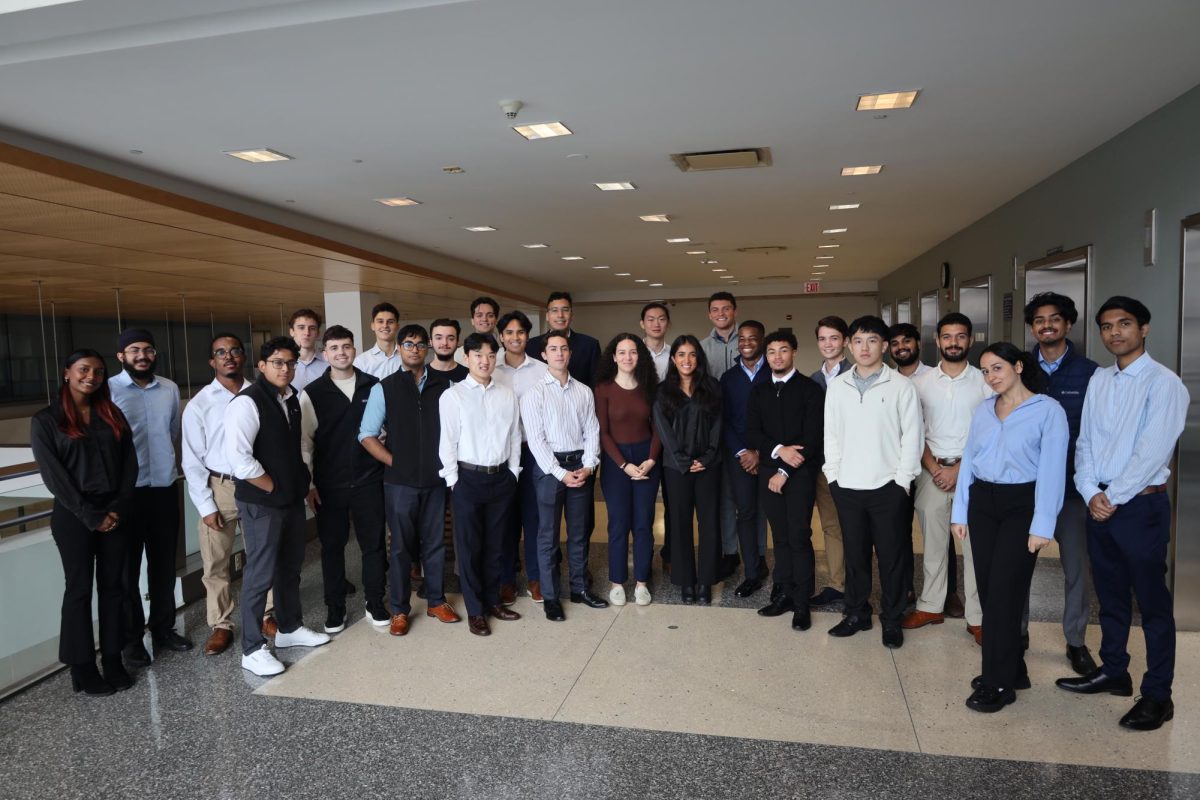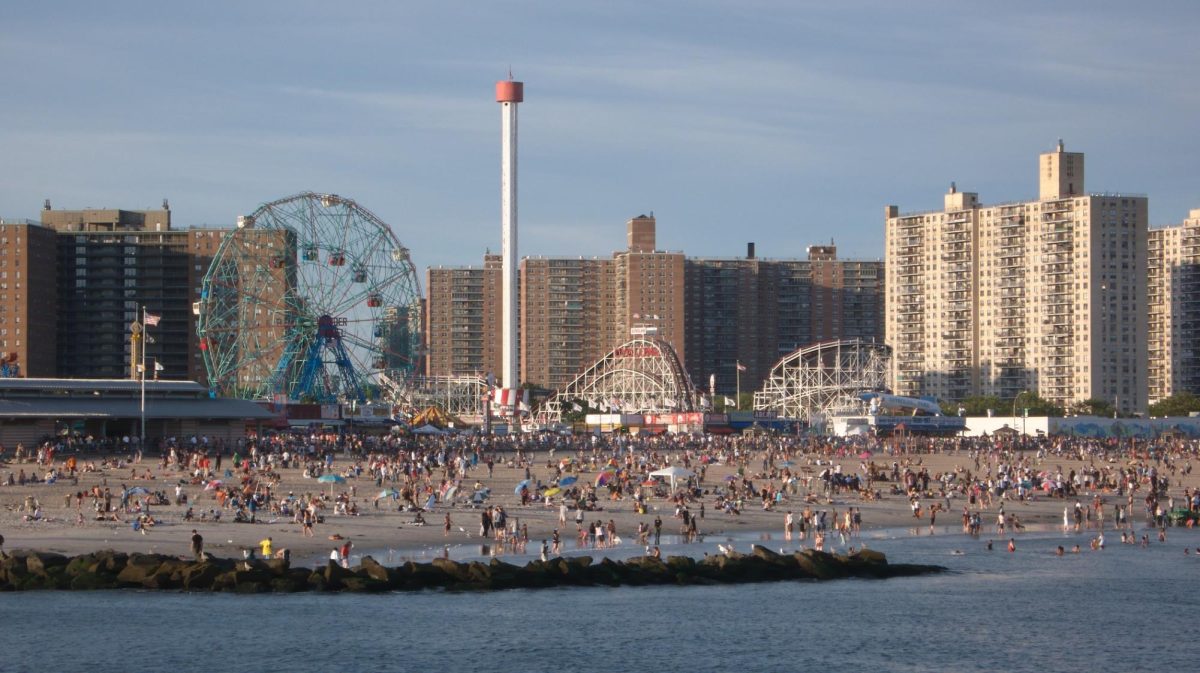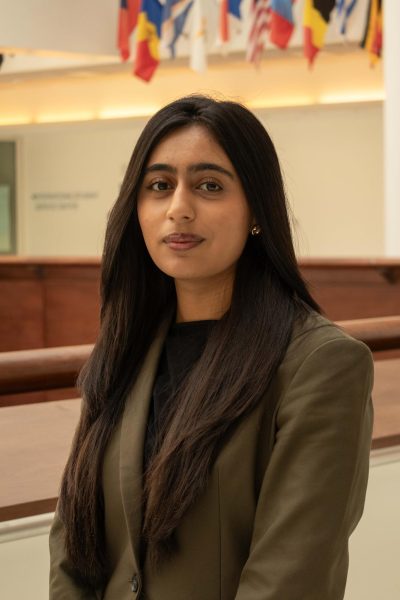Inspired by the growth of alternative investment clubs at other universities, Kirt Bromley and Andrew Horyczun felt Baruch College needed one of its own. The idea began with a phone call between the two over the summer and they soon found themselves networking with university and industry professionals in alternative investments.
They spoke with the head of Harvard University’s alternative investment club for insights on process and structure. By August, they launched a website and announced Baruch’s “first and only alternative investment club” on LinkedIn to kick off the semester and recruitment.
As co-presidents of the Baruch Alternative Investment Club, Bromley and Horyczun have many plans for the semester. Following their first meeting on Oct. 1 and a Q&A session on Oct. 8, they aim to help students become “versatile investors and professionals” and to connect with firms that Baruch hasn’t previously engaged with.
“We really want Baruch to form a relationship with these firms,” Horyczun said. “I get really proud when I see Baruch representation at top firms.”
Some of the events they hope to host during the semester include workshops, office visits and investment pitch competitions, where teams would propose an investment thesis based on the five asset classes in alternative investments.
Horyczun said the main goal of the club is to help students make informed investment decisions and land jobs in the field. His own interest stems from the fact that it’s a growing industry and that the number of private equity firms has increased in recent years.
Alternative investments are financial assets not typically categorized as stocks, bonds or cash. Rather, the alternatives include real estate, private equity and commodities.
Twenty years ago, alternative investments accounted for 6% of global assets under management, primarily through hedge funds. Today, they represent 15% of total global assets under management. Some of the top firms, which Bromley and Horyczun are interested in, include BlackRock Inc., KKR & Co. Inc. and Carlyle Group Inc.
During their initial outreach to industry professionals and firms, the two encountered many instances where people weren’t familiar with Baruch. Horyczun noted that there weren’t enough Baruch alumni working in the field. Still, when promoting their club to students, Bromley and Horyczun relied heavily on word-of-mouth, social media and LinkedIn.
They connected with friends from the Zicklin Honors Program and the Real Estate and Finance Club, where the two originally met. They added that getting juniors and seniors to commit was a challenge, but the club has since already welcomed 30 members, including five executive leaders and five asset class heads, each leading a team of four members.
Although students in the club come from different knowledge backgrounds, Bromley stated that this does not affect who can join the club.
“The main thing we look for is the character in a student because at the end of the day, you can always teach the technical stuff, and it’s gonna build with time,” he said.
One of their remaining challenges is becoming an official club, which won’t happen this semester. In the meantime, both remain optimistic about the club’s growth and their ability to make a positive impact at Baruch.
“We’re just looking forward to building something,” Horyczun said. “It’s really fun seeing everything come together. It’s hard work but super rewarding. Anything we can do to benefit the Baruch community is our goal.”









